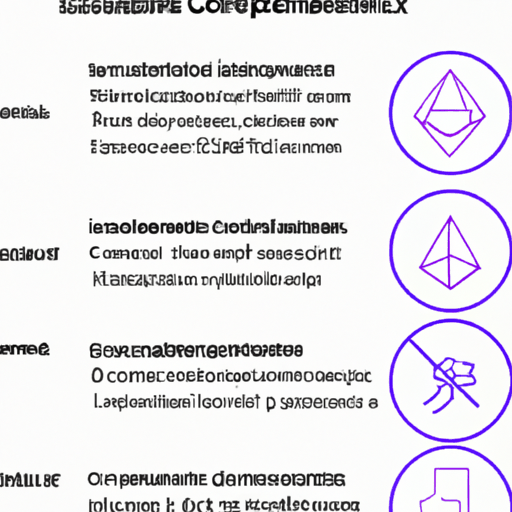
Understanding Smart Contract Vulnerabilities
By: Isha Das
Understanding Smart Contract Vulnerabilities
Smart contracts are integral to blockchain applications, enabling decentralized automation of tasks and agreements without the need for intermediaries. However, they are not immune to vulnerabilities, which can lead to significant financial losses or security breaches if not properly addressed.
One common vulnerability is Reentrancy, where a function is called before the previous execution is completed, potentially allowing malicious actors to repeatedly withdraw funds. Another is the integer overflow/underflow, which occurs when an arithmetic operation exceeds or falls below the storage capacity.
Other vulnerabilities include timestamp dependence, where smart contracts use the block’s timestamp in logic, allowing miners to influence the execution; and access control issues, which arise when the contract’s functions have improper restrictions.
To mitigate these vulnerabilities, developers should implement thorough testing and utilize auditing services. Additionally, exploring formal verification methods can enhance the security of smart contract code.
For further insights and examples of smart contract vulnerabilities, check detailed news articles on various platform reports and advisories related to security breaches in the blockchain ecosystem.



